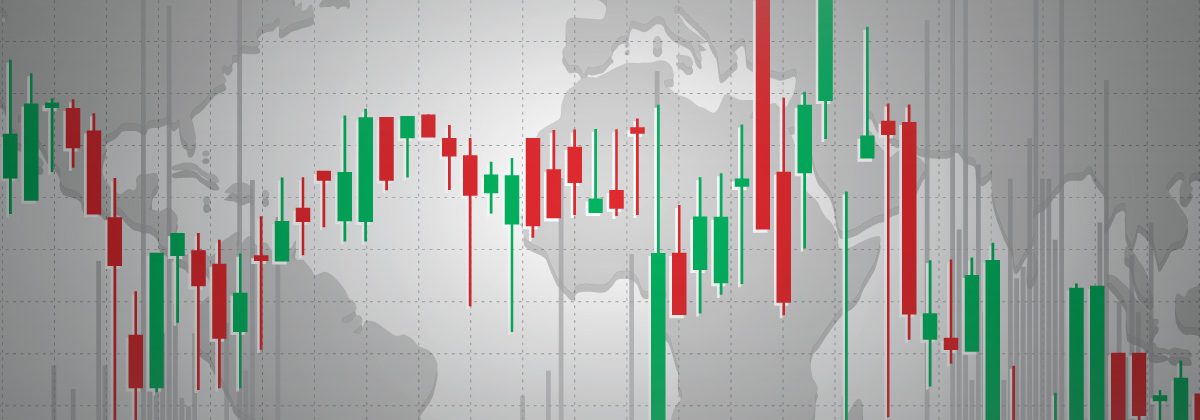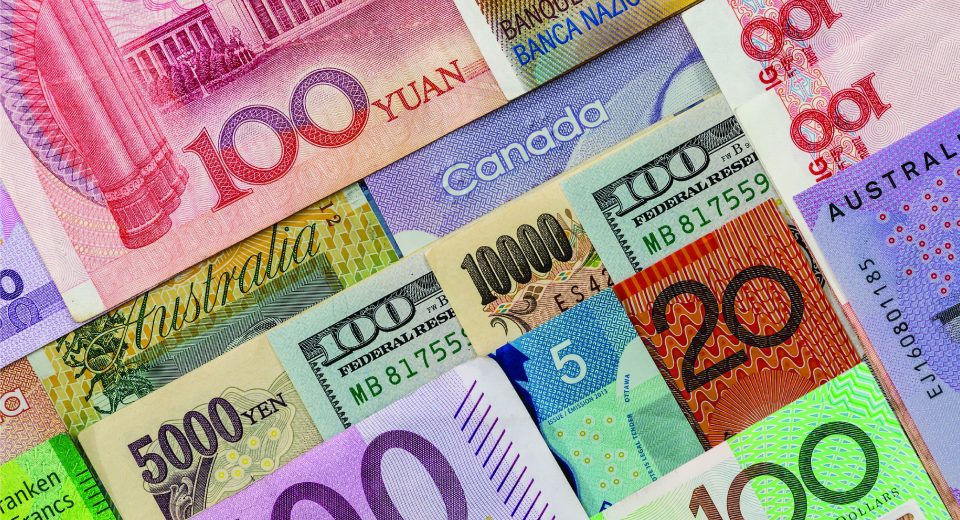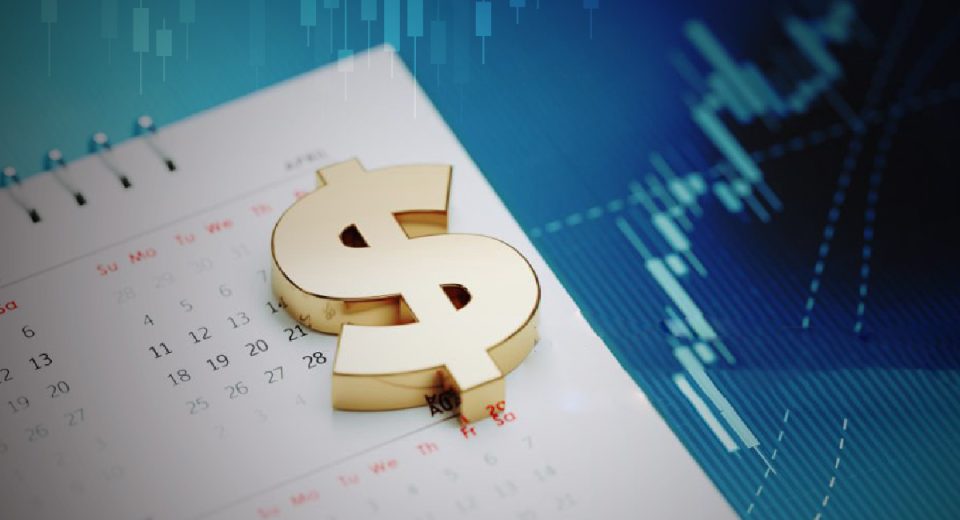Which Assets Perform the Best with Heightened Geopolitical Tensions

From regional conflicts to trade wars and political instability, geopolitical tensions have been heating up over the past several years. Rising tensions can trigger significant market volatility and shift investor sentiment. We saw such an impact after the USA attacked nuclear sites in Iran on June 22, 2025.
Oil prices hit a 5-month high after markets reopened on Monday, June 23, with Brent crude surging to $79.07 and WTI climbing to $75.85. What’s more, analysts began to speculate about what would happen if Iran retaliated by blocking the Strait of Hormuz, a major oil supply route for the world. Goldman Sachs predicted that Brent crude could soar to $110 per barrel, averaging $95 by Q4 2025. Fortunately, Israel and Iran agreed to a ceasefire, leading oil prices to go back to their earlier trajectory.
Geopolitical tensions can not only bring commodity trading opportunities but also impact stock and forex trading decisions. This makes it important for traders to understand which assets perform well during such times.
Defensive Sectors Remain Resilient
When geopolitical tensions escalate, investors typically gravitate towards sectors considered more resilient to economic downturns and supply chain disruptions. The most popular defensive sectors in stock trading include:
Defence and Aerospace
Unsurprisingly, companies in the defence sector often see increased demand and government spending during times of conflict or heightened security concerns. Recent geopolitical events, particularly those involving the Middle East, have underscored this trend, driven by increased order visibility and global export opportunities.
Consumer Staples
Businesses that produce everyday necessities, such as food, beverages and household goods, tend to witness consistent demand even when consumer spending in other areas declines. This resilience makes them a popular choice for cushioning stock trading portfolios.
Healthcare
Healthcare, including pharmaceuticals, hospitals and diagnostics, is another sector that typically remains less affected by geopolitical or economic events due to the essential nature of its services.
Utilities
Utility companies provide essential services like electricity, water and gas, making their demand relatively inelastic to economic cycles. Their regulated earnings often provide stability, making them a safe haven for investors during uncertain periods.
It is important to note that while these sectors offer relative stability, they are not entirely immune to broader market downturns.
Safe Haven Currencies Offer Risk Mitigation
In the realm of forex trading, certain currencies are traditionally sought after as safe havens due to their perceived stability and liquidity. These currencies tend to appreciate during periods of uncertainty as traders flock to them.
US Dollar
As the world’s primary reserve currency and the perceived stability of the US economy, the USD is often considered the ultimate safe-haven currency. Its deep liquidity, coupled with America’s dominant role in global geopolitics, attracts capital inflows during crises.
Japanese Yen
Japan’s status as a net creditor nation and its historically low interest rates make the JPY an attractive safe haven. Investors often buy JPY during times of global instability, expecting the currency to appreciate as capital flows into the country.
Swiss Franc
Switzerland’s political neutrality, strong economy, and robust banking system have long established the CHF as a traditional safe haven. Its value often rises during periods of European or global uncertainty.
However, the performance of these currencies is also influenced by domestic economic factors and central bank policies. So, conduct thorough analysis before making forex trading decisions.
Commodities that Perform Well
Oil and precious metals are not only the most popularly traded commodities but also attract traders during periods of geopolitical uncertainty.
Gold
Gold has been revered as a store of value for centuries, and its role as a hedge against geopolitical risks is well-documented. Its appeal during times of uncertainty stems from its intrinsic value, lack of counterparty risk, limited supply and universal acceptance. Gold has long been used as a hedge against inflation.
Energy Commodities
Geopolitical tensions, particularly in major energy-producing regions like the Middle East, can have a direct and often immediate impact on energy prices. Threats to supply routes or disruptions to production facilities can send prices soaring. While the market’s reaction has become somewhat more nuanced in recent years, due to increased spare capacity and improved market tracking tools, the potential for price spikes remains.
Other Metals
In addition, while gold is the undisputed king of safe haven metals, silver and platinum also tend to perform well during times of uncertainty. They often follow gold’s lead as investors seek alternatives to traditional financial assets. Silver, in particular, has a dual role as both a precious and an industrial metal, which can sometimes lead to more volatile movements but also offers upside potential if industrial demand remains robust.
Trading Tips for Navigating Geopolitical Tensions
Beyond understanding which assets generally perform well, fine-tuning your trading strategy can further enhance your resilience during geopolitical turbulence.
Prioritise Risk Management
This cannot be overstressed. Geopolitical events often trigger sudden, sharp price moves. Stop-loss and take profit orders on all your positions can limit potential downside. Consider reducing your position sizes to minimise overall exposure during highly uncertain periods.
Stay Informed, But Filter Noise
Monitor reliable news sources for developments but be cautious of speculative rumours that can cause irrational market reactions. Focus on verified information and analyse its potential direct and indirect impacts.
Embrace Diversification
Diversifying across asset classes, geographies, and uncorrelated and negatively correlated assets can limit the impact of sudden unfavourable market moves on your portfolio.
Understanding resilient assets and practicing your trading strategies on a demo account can help you better navigate the challenging waters of geopolitical uncertainty.
To Sum Up
- In stock trading, defensive sectors, such as defence and aerospace, consumer staples, healthcare and utilities tend to be resilient to geopolitical tensions.
- In forex trading, the USD, JPY and CHF are considered safe haven currencies.
- In commodity trading, precious metals like gold, silver and platinum, along with energy commodities like oil, tend to perform well.
- Risk management, staying updated on the latest news and diversification are important during periods of uncertainty.
Disclaimer:
All data, information and materials are published and provided “as is” solely for informational purposes only, and is not intended nor should be considered, in any way, as investment advice, recommendations, and/or suggestions for performing any actions with financial instruments. The information and opinions presented do not take into account any particular individual’s investment objectives, financial situation or needs, and hence does not constitute as an advice or a recommendation with respect to any investment product. All investors should seek advice from certified financial advisors based on their unique situation before making any investment decisions in accordance to their personal risk appetite. Blackwell Global endeavours to ensure that the information provided is complete and correct, but make no representation as to the actuality, accuracy or completeness of the information. Information, data and opinions may change without notice and Blackwell Global is not obliged to update on the changes. The opinions and views expressed are solely those of the authors and analysts and do not necessarily represent that of Blackwell Global or its management, shareholders, and affiliates. Any projections or views of the market provided may not prove to be accurate. Past performance is not necessarily an indicative of future performance. Blackwell Global assumes no liability for any loss arising directly or indirectly from use of or reliance on such information here in contained. Reproduction of this information, in whole or in part, is not permitted.




